News

Jan 28, 2020
Zhang receives National Science Foundation CAREER Award
Xin Zhang, Paul Berg Early Career Professor of Chemistry and of Biochemistry and of Molecular Biology, has been honored with a Faculty Early Career Development (CAREER) award from the National Science Foundation in recognition of his work to “quantify cellular proteome stress and recovery using chemical methods.”
Full Article
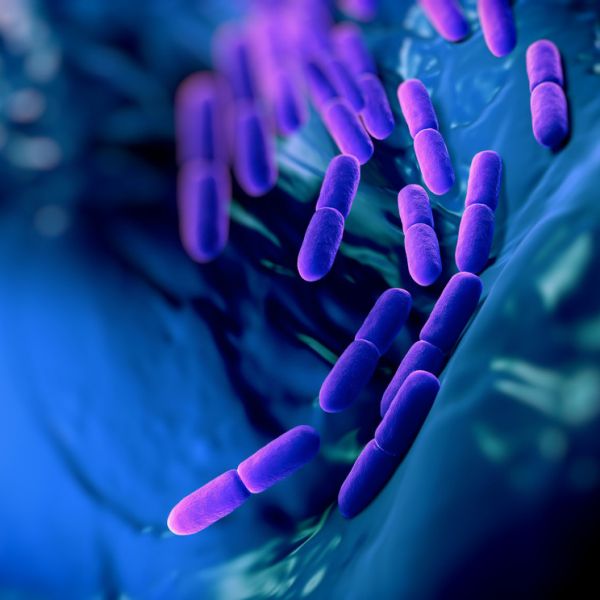
Jan 21, 2020
Persistent environmental contaminant changes the gut microbiome of mice
An industrial chemical — phased out since 2002, but previously used in stain and water-repellent products and firefighting foam — alters the gut microbiome of mice and could have implications for human health, according to an international team of researchers.
Full Article
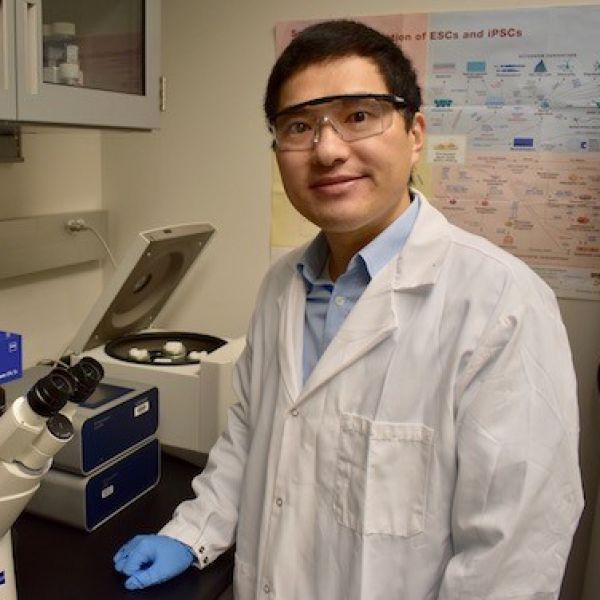
Jan 02, 2020
Penn State researcher receives a Rising Star Award in biomedical engineering
Xiaojun “Lance” Lian, assistant professor of biomedical engineering at Penn State, has been named one of the 2020 Rising Star Award recipients in stem cell engineering by the Biomedical Engineering Society’s (BMES) Cellular and Molecular Bioengineering Special Interest Group (CMBE SIG).
Full Article
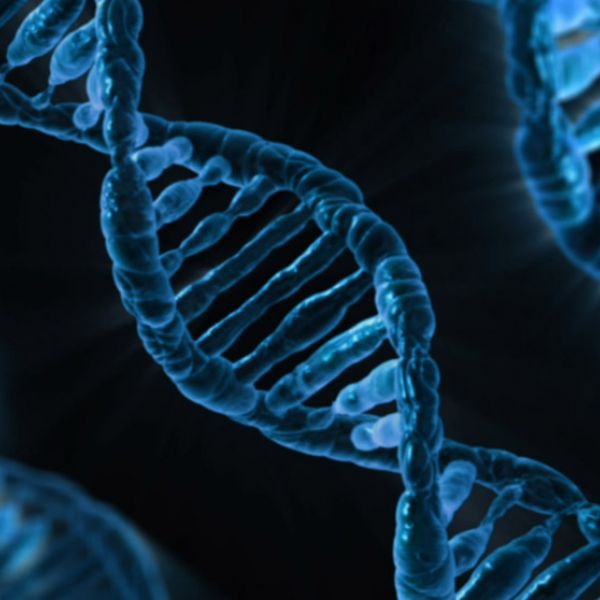
Dec 18, 2019
New tool reveals DNA structures that influence disease
Disruption of certain DNA structures — called topologically associating domains, or TADs — is linked with the development of disease, including some cancers. With its newly created algorithm that quickly locates and helps elucidate the complex functions of TADs, an international team of researchers is making it easier to study these important structures and help prevent disease.
Full Article
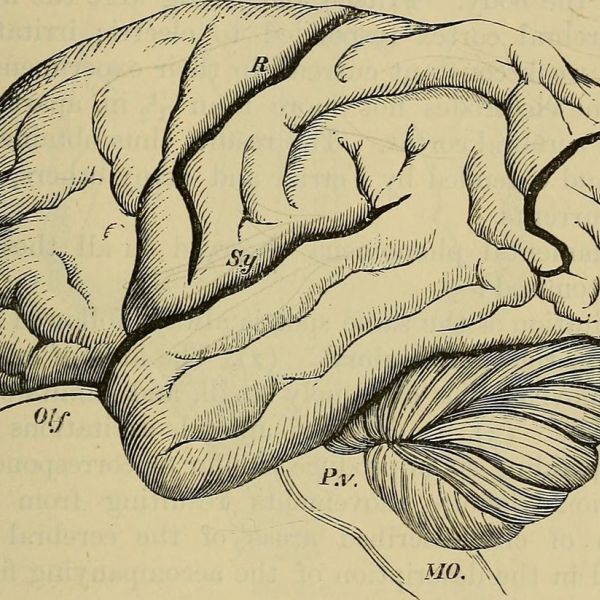
Dec 05, 2019
Respiration key to increase oxygen in the brain
Contrary to accepted knowledge, blood can bring more oxygen to mice brains when they exercise because the increased respiration packs more oxygen into the hemoglobin, according to an international team of researchers who believe that this holds true for all mammals.
Full Article

Nov 19, 2019
Tracking inheritance of human mitochondrial DNA
New insight into how genetic information stored in human mitochondria is passed from one generation to the next could have important implications for genetic counseling of people planning pregnancies, according to a study by researchers at Penn State and the University of California, Berkeley.
Full Article
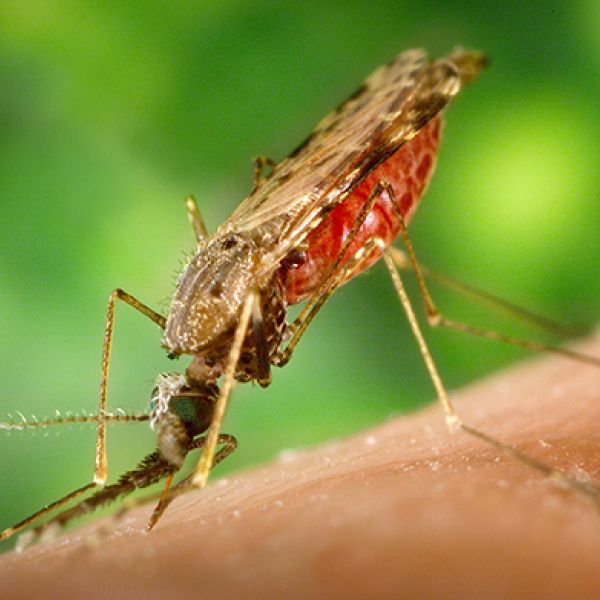
Oct 31, 2019
Malaria parasite lives on the edge
The parasite that causes malaria expresses genes that code for the proteins it will need in later life stages, using two separate schemes to prevent these proteins from actually being made until they are needed, according to new research.
Full Article
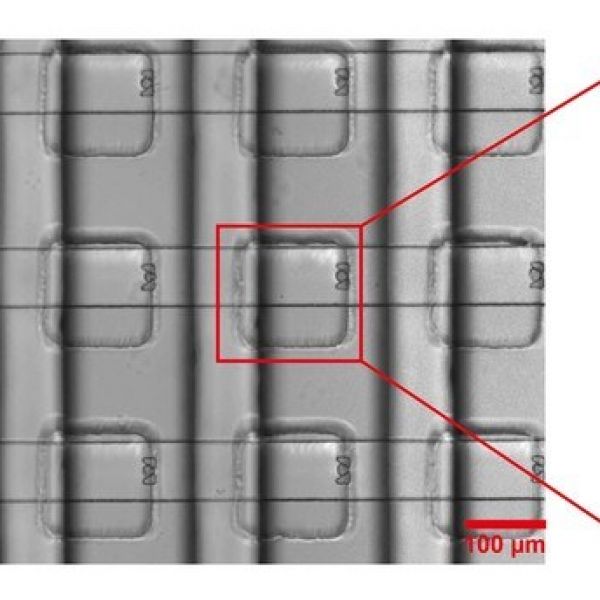
Nov 05, 2019
Empowering drug discovery by evaluating antivirals in thousands of single cells
A new enhancement to a lab-on-a-chip device allows researchers to simultaneously observe thousands of individual cells that are infected with a virus, providing important information about infection dynamics not available using traditional methods.
Full Article

Oct 30, 2019
One avocado a day helps lower 'bad' cholesterol for heart healthy benefits
Move over, apples — new research from Penn State suggests that eating one avocado a day may help keep “bad cholesterol” at bay. According to the researchers, bad cholesterol can refer to both oxidized low-density lipoprotein (LDL) and small, dense LDL particles.
Full Article
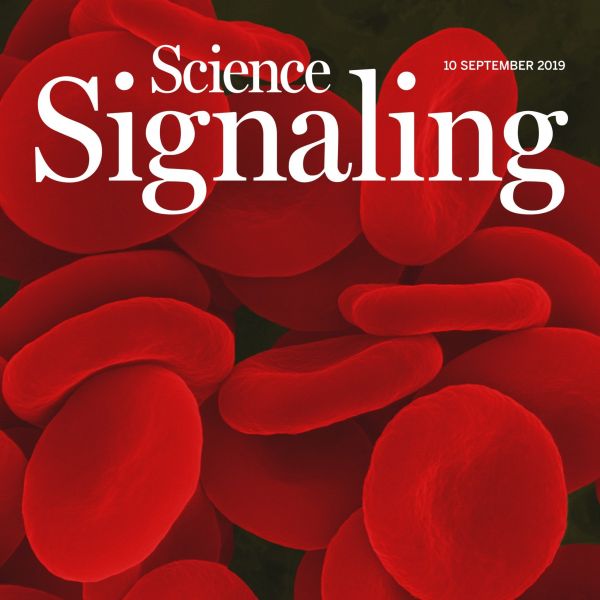
Oct 25, 2019
Paper by MCIBS Grad Laura Bennett Inspires Journal Cover
Laura Bennett's investigation into the effects of inflammation, done with advisor Robert Paulson, was featured on the cover of Science Signaling last month.
Full Article